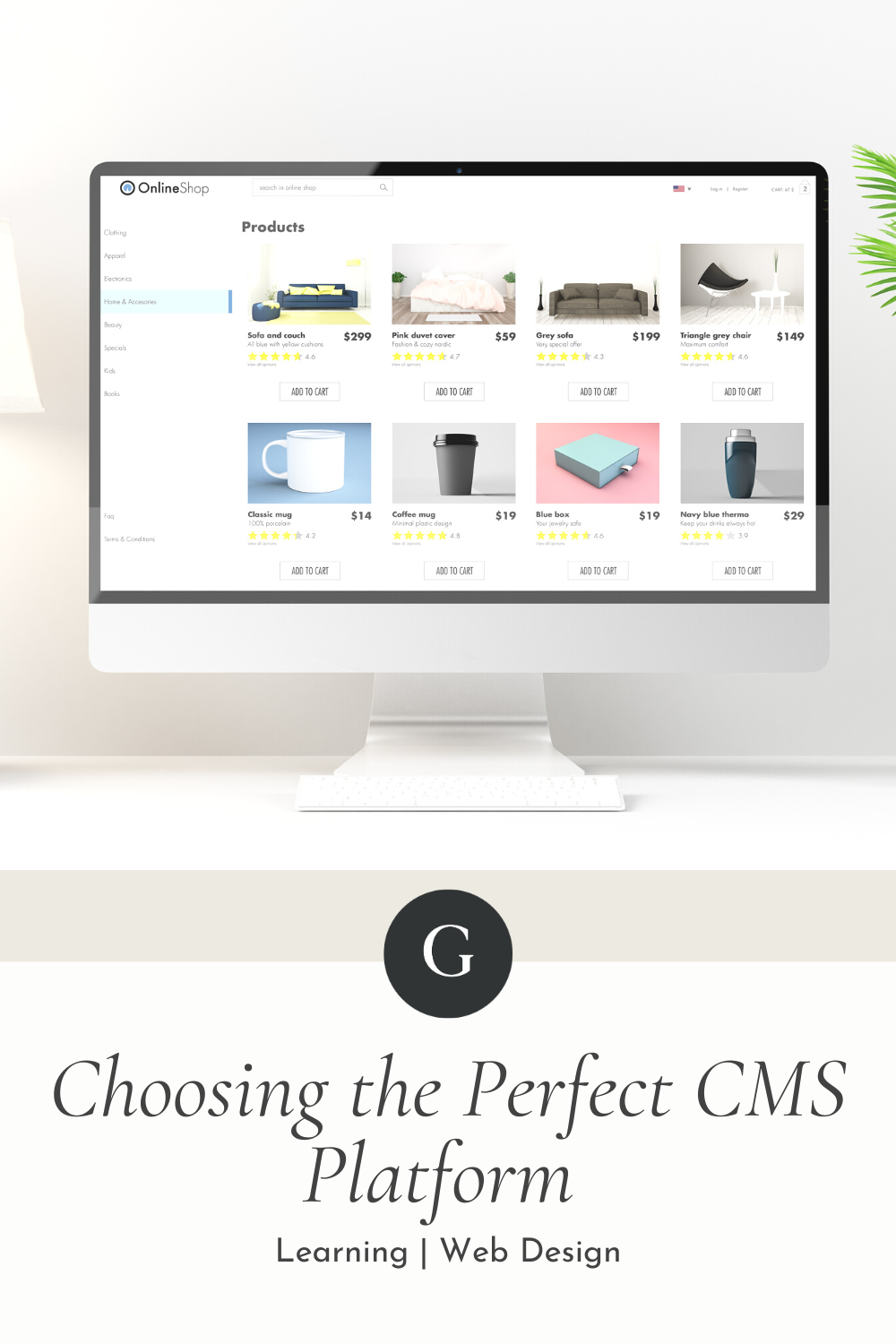
I'm Naomi, Vancouver's go-to expert in web and brand strategy, and I'm passionate about helping businesses thrive online. With years of experience and a creative approach, I'm dedicated to delivering tailored solutions that elevate your brand presence and drive meaningful results.
MORE ON NAOMI
PEEP THE INSTA
May 4, 2024
If you are building a website and not sure which platform is the right fit, you are not alone. Every CMS has its own strengths, limitations, and ideal use cases. The key is choosing the one that supports your goals, your workflow, and the way your business grows.
Below is a clear breakdown of the major platforms Showit, Squarespace, WordPress, Shopify, Webflow, and Wix. This will help you choose the platform that feels aligned with your needs instead of choosing based on trends or guesswork.
Showit
Showit gives full creative control and is ideal if your business relies heavily on visuals. The interface is completely drag and drop, which makes it attractive for brands that want a custom look without learning code.
Best for:
Creatives, photographers, designers, and service based businesses that want a visually expressive website.
Boutique shops with fewer than ten products that can rely on Shopify Lite for checkout.
Limitations:
Showit does not include built in e-commerce. Any product sales must be handled through outside integrations.
Squarespace
Squarespace offers polished templates and a smooth user experience. It is reliable, secure, and easy to maintain. It is a strong option if you want a clean, modern website without the complexity of a highly customizable system.
Best for:
Small and midsize businesses, lifestyle brands, coaches, and service providers who want a cohesive, professional look.
Clients who prefer a structured platform that requires minimal upkeep.
Limitations:
Squarespace can feel restrictive once you need advanced systems or large product catalogs.
WordPress
WordPress is the most customizable CMS available. It can grow from a simple site to a full enterprise system. It offers the most control but also demands the most maintenance.
Best for:
Businesses that need deep customization, complex features, or long term scalability.
Blogs, content heavy brands, and teams with strong technical support.
Limitations:
WordPress requires ongoing updates, security monitoring, and plugin management. Without it, performance and safety suffer.
Shopify
Shopify is built specifically for e-commerce. The platform is stable, secure, and simple to manage. It integrates shipping, payments, inventory, and analytics in one place.
Best for:
Retail brands, product based businesses, and stores that need reliable e-commerce tools.
Companies that want a dedicated sales platform with minimal technical oversight.
Limitations:
Additional apps and transaction fees can increase costs over time.
Webflow
Webflow gives designers full control over layout and interactions. It blends the flexibility of coding with a visual interface, making it ideal for custom builds.
Best for:
Businesses that want a unique, high end design.
Agencies and design forward brands that prioritize performance and SEO.
Limitations:
The learning curve is higher. It is not ideal for beginners or users who want a simple setup.
Wix and Wix Studio
Wix is very user friendly and works well for small businesses that want to build a site quickly. Wix Studio adds stronger design tools and more flexible layouts.
Best for:
New entrepreneurs, small local businesses, and anyone wanting an affordable, beginner friendly option.
Users who want drag and drop freedom with minimal technical work.
Limitations:
Mobile layouts often need extra adjustments.
Large or complex websites may outgrow the platform.
Choosing Your Platform
Every CMS can build a beautiful website. The difference is how well it supports your business as you grow. The right choice depends on your goals, your technical comfort, and the type of experience you want your clients to have.
When the platform aligns with your needs, your website becomes more than a digital brochure. It becomes a strategic tool that works for your business every day.
Happy building.
Choosing the Right Website Platform for Your Business
© GINZA DESIGN | VANCOUVER WEB DESIGN & BRANDING